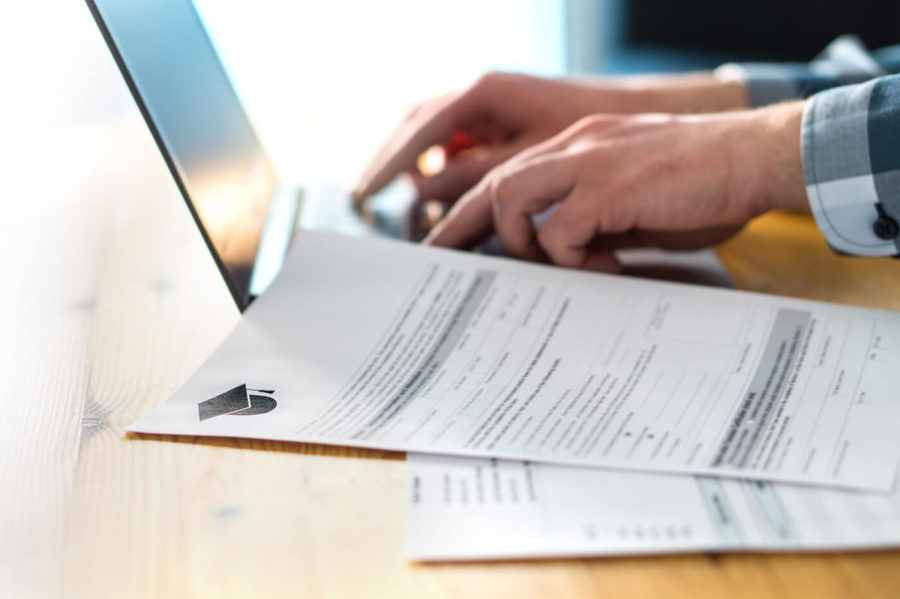
Dear Experian,
My student education loans were just paid entirely. Will this improve my credit score?
-SLQ
Dear SLQ,Paying down has given is a superb accomplishment. When your lender notifies the loan bureaus the loans are paid in full, you will see them updated to mirror that in your credit reports. How this transformation will impact your credit ratings can depend on several factors, such as your account history prior to paying down the loans and your overall credit situation. If your account is in default when paid off, you may see a rise in scores, but it is also easy to see a small dip in scores after paying down a loan. This is especially true should there be not one other active quick installment loans in your credit history. However, this dip is generally temporary.
How Do Lenders View Paid-Off Student Loans?
A paid-off loan shows lenders you had been in a position to manage your debt responsibly. Should you always made your student loan payments promptly, the accounts will stay in your credit report for up to Ten years in the date these were repaid and closed. This helps you receive credit for your positive payment history. When the accounts were delinquent until you are paid, they will remain on your credit score for seven years in the original delinquency date.
Paying off your student loans does mean you have in all probability more disposable income, which can help you qualify for new credit in the future. While income information is not part of your credit report, lenders will usually ask you to provide your income as part of the application process.
How Can I Increase My Credit ratings?
Whether you are trying to rebuild your credit after experiencing financial difficulty or attempting to further establish your credit history now that has given are paid in full, here are some methods to begin enhancing your credit:
- Make sure all accounts are current. If you have any debt accounts which are past due, bringing them current is essential to enhancing your credit ratings. Once current, make all your payments on time moving forward. Your payment history is an essential factor in your credit ratings, just how you manage payments can perform the most to assist (or hurt) your scores.
- Pay off any outstanding collection accounts or charge-offs. Some credit rating models no more count collection accounts after they are paid entirely, so paying off any collections on your credit history can help enhance your scores right away. Some lenders require that collection and charged-off accounts are repaid before they'll approve you for future credit.
- Manage credit cards responsibly. If you have charge cards rich in balances, paying them down will decrease your utilization rate, which is great for credit ratings. On the other hand, if you do not yet possess a charge card account, consider opening one. Making small purchases and paying the balance in full every month can have lenders that you know how to manage your credit responsibly.
- Focus in your credit rating risk factors. Order your free credit rating from Experian and obtain a summary of the unique risk factors that are currently impacting your score. Improving on those factors will help improve your score.
- Sign up for Experian Boost®o. Adding your on-time payments on utility, cellphone, and streaming service accounts can improve your Experian credit score. This is especially true if you have a skinny file, or limited credit history.
More information about how student loans affect credit are available around the Experian's credit education blog.
Thanks for asking.
Jennifer White, Consumer Education Specialist

